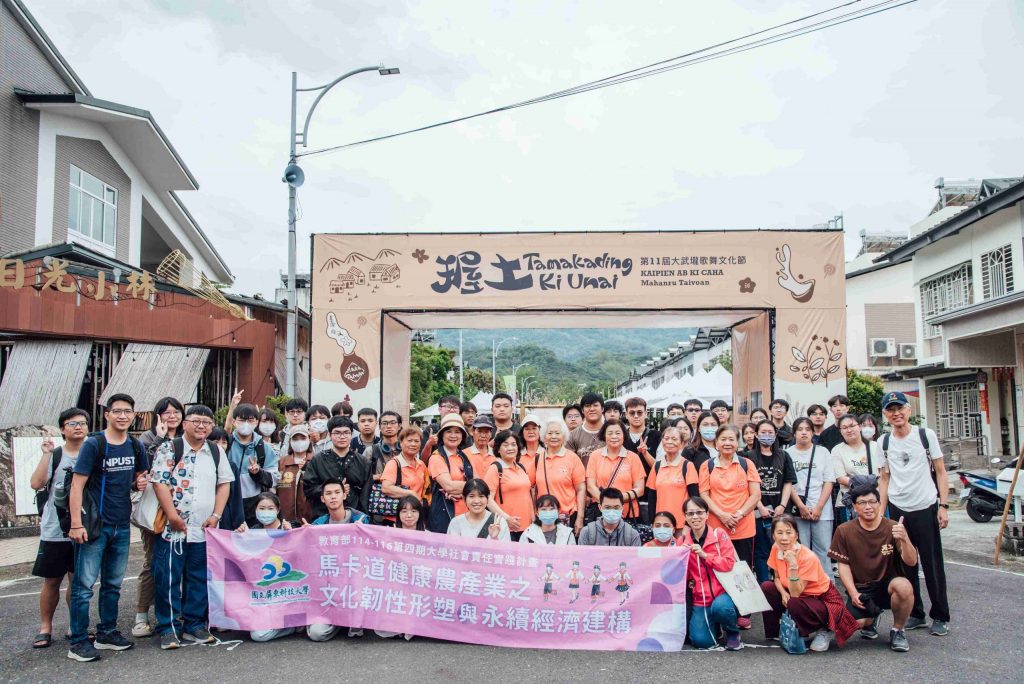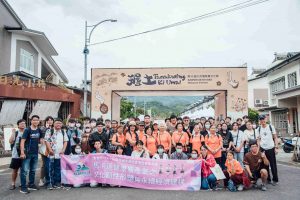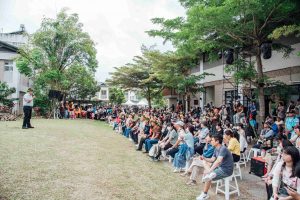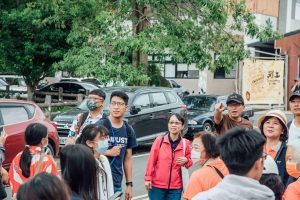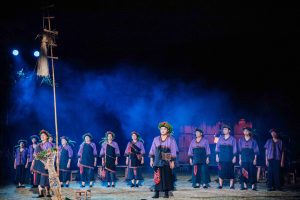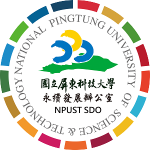NPUST continues to practice University Social Responsibility (USR) and promote cultural co-learning and educational innovation. As part of their efforts in these areas, Professor Wen-Ling Shih, who serves as NPUST’s Vice President of Administration, has developed the “Project for Shaping Cultural Resilience and Constructing Sustainable Economics within the Makatao Tribe’s Healthy Agricultural Industry”. Under the project, which brings together “USR Special Research” and “Chinese Food Culture”, a team of teachers and students joined up with the Laopi Community to visit the Siaolin Tribe in Kaohsiung on April 12th (2025) and participate in some traditional Taivoan ceremonies and experience their cultural spirit.
Professor Wen-Ling Shih said, “this University Social Responsibility project focuses on the Makatao people in Pingtung, and is actually more concerned with issues related to the recognition of Pingpu ethnic groups, so it is necessary to get an understanding of a diversity of ethnic cultures. The Tracing the Pingpu course brings teachers and students on visits to the National Museum of Taiwan History, the National Museum of Prehistory in Tainan, and also to the Tribe of Liuzhong Creek in Baihe District. This time, we also joined hands with the elders of Laopi Village to go to the Siaolin Tribe in Kaohsiung to participate in an event with them. This is to gradually build an understanding of the knowledge systems of aboriginal culture and extend the resilience of education”.
Chia-Chun Ku, instructor of the Chinese Food Culture course, said: “we are very fortunate to be able to participate in the 11th Taivoan Cultural Song and Dance Festival as part of the Tracing the Pingpu practical curriculum. The annual ‘Forbidden Way’ ceremony needs to place focus on farming to reflect the connection between climate and ethnic culture. The Siaolin Tribe has experienced typhoons and migrations, and through the theater performances of the Daman Dance Troupe and the villagers, the tribe’s people are working together to fight and regain the light. This year’s theme is ‘Embracing the Land’, which connotes the idea of returning to the roots. Participants can immerse themselves in the guided tours, markets, theaters and rituals. It is a very rich cultural festival”.
“Participation” and “observation” are important aspects of cultural research, and are the basis of the Tracing the Pingpu project. The teachers, students and community partners who led the courses walked together with the Siaolin Tribe, exploring cross-ethnic dialogues, rituals, creative works and industries. In this way they could get an understanding of the way in which the Siaolin Tribe rethought their existence and way of life after relocation. These things resonate quite heavily with the “Project for Shaping Cultural Resilience and Constructing Sustainable Economics within the Makatao Tribe’s Healthy Agricultural Industry”. The observations allowed team members and community partners to access different fields of learning, and they look forward to inspiring unique activities and performances for cultural transmission in the future so that Makatao culture can also return to the stage.





